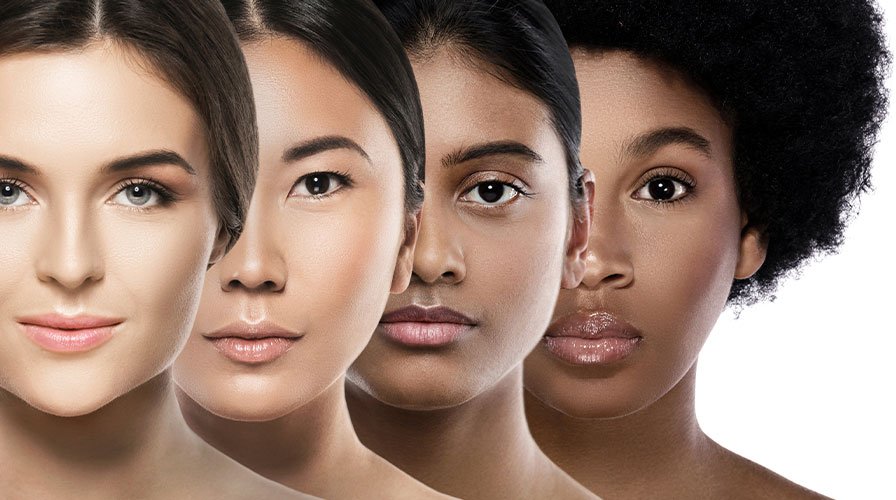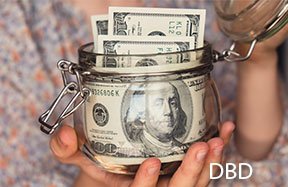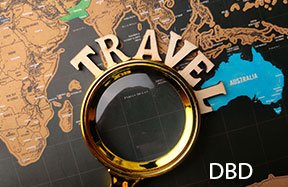Beauty holds a powerful sway over societal norms and individual behaviors worldwide. This blog aims to explore the psychological and cultural underpinnings of our fascination with beauty, drawing insights from evolutionary biology, psychology, and social sciences to uncover the origins of this global phenomenon.
The Biological Basis of Beauty
Our perceptions of beauty go beyond cultural constructs and are deeply rooted in our survival instincts from an evolutionary standpoint. Physical attractiveness signals health and fertility, indicating traits that can be passed down to offspring. Symmetry, for example, is widely seen as a critical element of attractiveness across various cultures and is believed to be an indicator of genetic health.
Cultural Impact on Beauty Standards
While biological factors provide a foundation for beauty standards, culture shapes and molds these standards in diverse ways, and different societies celebrate and define beauty in various forms. Western cultures may value youthful appearance and slimness, while others appreciate age, wisdom, or fuller body shapes. These differing standards reflect the diverse interpretations of physical attributes, often tied to these cultures' cherished values and norms.
Media Influence on Beauty Perceptions
In today's world, media plays a dominant role in shaping and disseminating beauty standards. From film and television to social media platforms, representations of beauty are widely broadcast and reinforced to vast audiences. While this widespread media influence often promotes a narrow range of beauty ideals, potentially leading to unrealistic expectations and body image issues, it also possesses the power to challenge old norms and celebrate a broader spectrum of beauty when used responsibly.
Psychological Effects of Beauty
The implications of beauty extend beyond the surface. Psychologically, our perception of our attractiveness can significantly impact our self-esteem and social standing. Studies have shown that individuals who align with societal beauty standards often receive preferential treatment, known as the 'beauty premium.' Conversely, those who do not conform may face discrimination, affecting various aspects of life, including career opportunities, social relationships, and mental well-being.
Conclusion
Our fascination with beauty is a complex interplay of evolutionary biology, cultural context, media influence, and psychological impact. By understanding the underpinnings and effects of beauty standards, we can better navigate their challenges and work towards a more inclusive understanding of beauty in our societies. This more profound appreciation of beauty's power and influence can mitigate its detrimental effects while celebrating the diversity and depth it brings to our lives.






